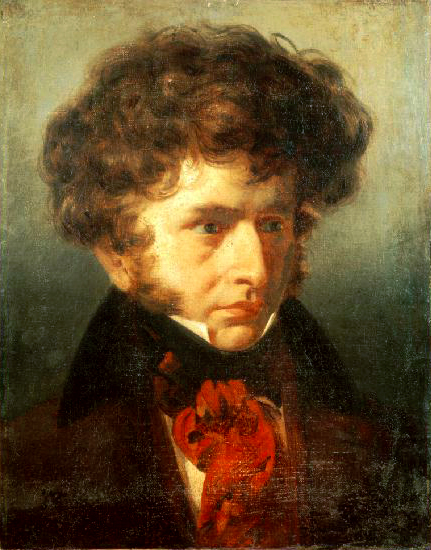Reading Symphonie Fantastique
July 03 2014I took part in a sight reading rehearsal of Berlioz’s Symphonie Fantastique with the Northwest Mahler Festival last night. This is my first ever experience with this type of rehearsal, where the goal is simply to get through all of the music without rehearsing too many of the details. It was a very interesting experience and I’ll try it again depending on what music is being read.
The Northwest Mahler Festival is a non-profit whose mission is to make modern and advanced-scale orchestral music accessible to musicians in the Seattle area. This year, they had 4 sight reading rehearsals (the Berlioz I attended was the last of the four) and then a few more targeted rehearsals to eventually play Mahler’s Symphony No. 4. The four sight reading rehearsals cover pretty tough and large-scale works, including Bruckner’s Symphony No. 4, Strauss’ Eine Alpensinfonie and Debussy’s Iberia.
Unfortunately, I didn’t have time, or else I would have attended the Strauss reading as well. I was happy to do the Berlioz reading because it’s a piece that I love and (importantly) I’ve already played. I haven’t really touched the violin much for a few weeks now, so it was good to play something more familiar rather than jump right in to a difficult Strauss piece.
The Berlioz is such an amazing piece. It is a large-scale symphonic work that is so ahead of its time (it was written in 1830; for comparison’s sake, that’s the same year that Mendelssohn wrote his “Reformation” Symphony No. 5, a nice symphony but nothing like Fantastique). Berlioz was one of the first to compose a symphonic work that followed an explicit narrative. His piece contains an “idee fixe” (a melody that symbolizes the hero’s love interest), which is very similar to the leitmotif concept that Wagner developed for the Ring. Many musicians (including Leonard Bernstein) believe that Berlioz wrote the last movement under the influence of opium (which, coincidentally, is what the hero of his symphony did as well).

Those things are minor. Symphonie Fantastique is an amazing work of art that I continually listen to. It has beautiful melodies (the waltz theme, the beginning theme of the slow movement), excitement (pretty much the entire last movement), and even humor (the string pizzicatos of the head being chopped off, the emulation of an opium trip). Not surprisingly, it’s even more fun to play.
Overall, I was pretty impressed with the ability of the orchestra to sight read the piece. Lots of things fell into place immediately - most people knew their entrances and generally counted well. Dynamic contrast was usually not an issue. I wonder how much of this is due to the piece being so popular - my guess is a lot of the musicians know this piece more or less by heart, so reading it isn’t quite as challenging as, say, reading Bruckner’s fourth.
There were some small things that annoyed me. There were a group of high schoolers that played in the first violins right behind me. They giggled every time they missed an entranced or couldn’t play a particularly hard lick. For these kids, it’s still not cool yet to try hard and play all the notes. The giggling is a defense mechanism so that they don’t think they’ve failed. Hopefully, they grow out of it.
The other small thing is just the timing of the rehearsal. We had 3 hours to read through the piece. The conductor (Johan Louwersheimer) spent a little too long rehearsing the first two movements. I think he realized midway through that he didn’t have enough time for the rest of the piece, so he raced through that. Then, we tried to read the whole thing at the end, but only got through the third movement. This meant that we only read some parts of the last movement once (including the amazing climax when the strings build up the theme to a string of syncopated notes before the brass jump with their own notes fighting the string’s notes; it’s an amazing piece of music for 1830 and maybe my favorite part of the whole piece).
Regardless, the goal of the evening is to spend a few hours to play a piece of music I love, and it’s mission accomplished for that. I’m looking forward to seeing what pieces they plan to read next summer. Unfortunately, I won’t be able to play the Mahler concert (it’s No. 4, maybe my least favorite one) because the baby is coming soon.
comments powered by Disqus